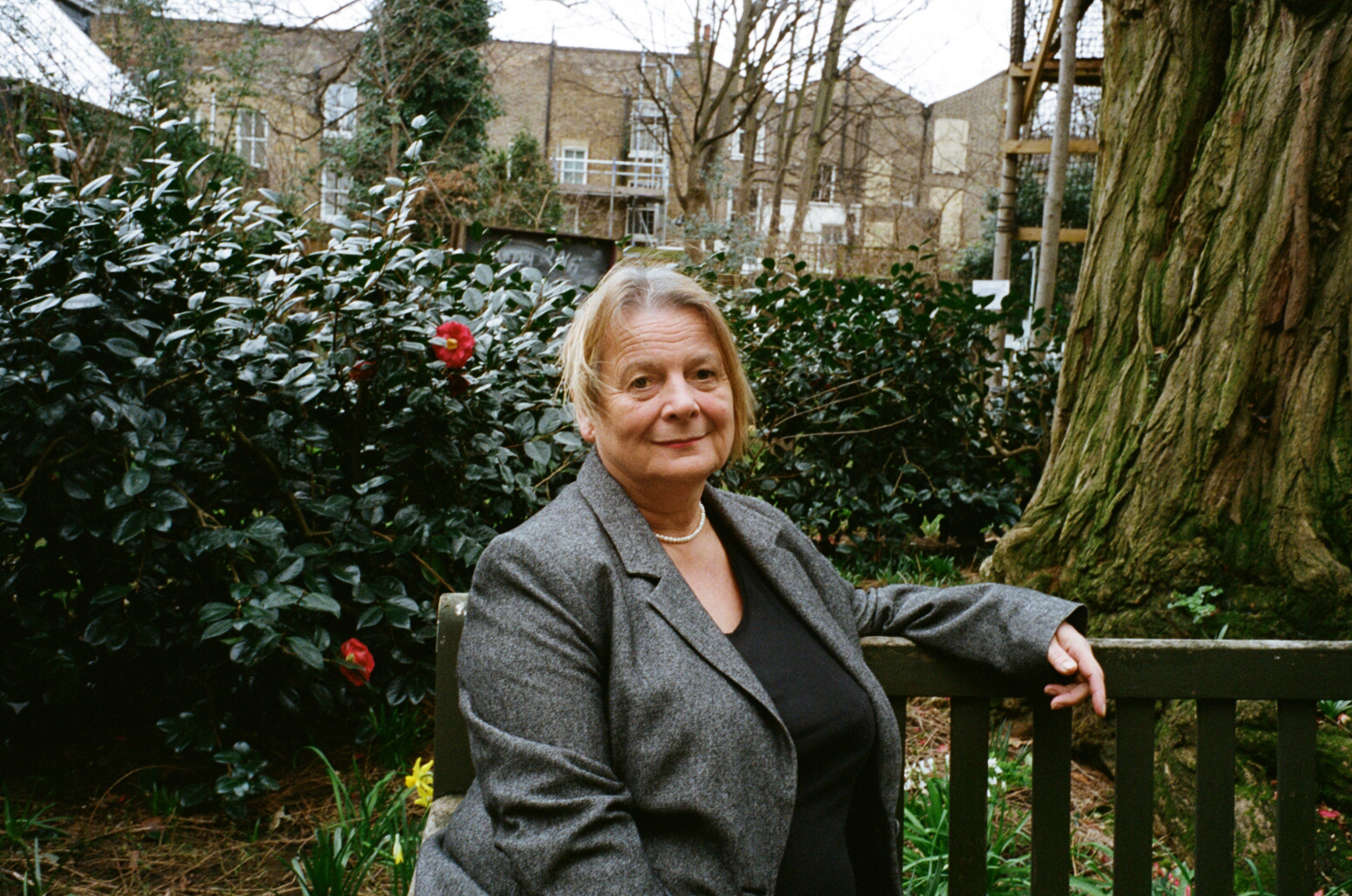Wendy Pettifer
So, tell me your first impression. What do you remember-?
I was a bit horrified, really, because we had to work so hard then. I think we had to work a 50-hour week. Because of the collective nature of the work, we all had to work in the shops on Saturdays, and do coffee bar shifts, so it was very hard work and there was quite a strict- even though it was a collective, there was quite a strict structure and strict monitoring of hours et cetera. So I was a bit shocked by the volume of work, um, and also the collective, the manner in which the collective ran, which involved all-day meetings, on Mondays, when we had a meeting usually from about 9.30 to 1 or 1.30 and then we had lunch and then we had to clean the building, seemed very kind of long-winded to me. So, um, yeah, I was a bit shocked really [short laugh]. And I think when new people came in you didn’t learn about what all the other sections of the project did for a while – that was a gradual understanding – so I didn’t really appreciate, you know, the interrelationship of all the different projects et cetera.
Born in 1953, Wendy Pettifer worked as an advice worker at Centerprise from 1980 to 1989. Following three years as a community worker in Manchester Law Centre, and a short time in a women’s refuge in London, she took a job at Centerprise, attracted by the collective style of working in an advice service that broadly aimed to empower as well as help its clients.
Once she got over the initial shock of the 50-hour working week that seemed expected of staff members, who took turns to work in different areas of the building, she came to appreciate the collective nature of Centerprise and particularly enjoyed working in the café and bookshop. However, Wendy found the collective’s all-day Monday meetings long-winded and unproductive and says the unofficial hierarchy at Centerprise in the end ‘put me off collectives.’
Wendy notes that the advice centre punched above its weight and was involved in various campaigns, often with tenants’ associations. Wendy herself concentrated on housing and benefits, although she had some landmark successes in early deportation cases where legal action was combined with community campaigns.
In her spare time she joined the Hackney Women Writers group and published her own creative writing. From 1985 she worked part time at Centerprise while studying to become a solicitor. She qualified in 1992 and worked in private practice before joining Hackney Law Centre.
Interviewed by Lynda Finn




